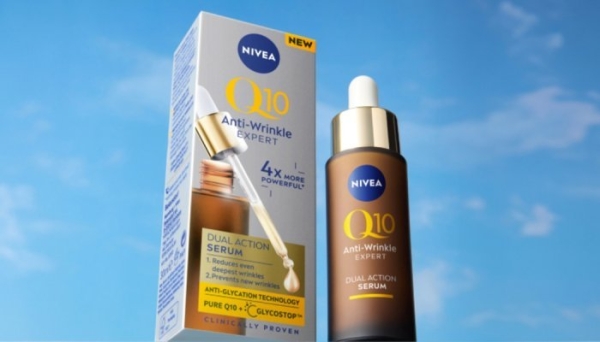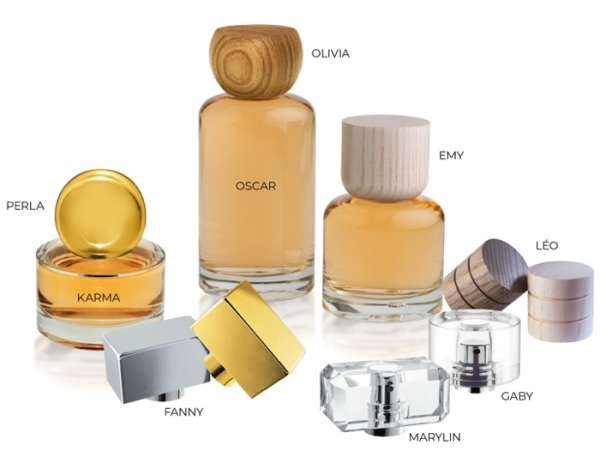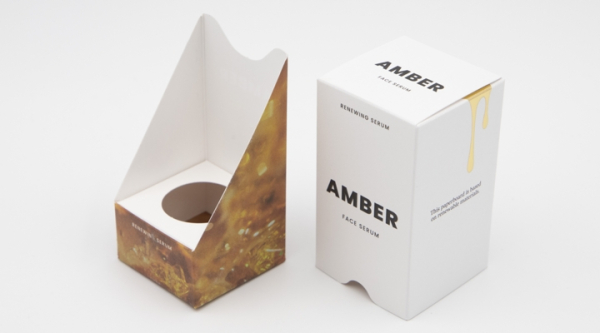
Beiersdorf has developed a facial serum targeting sugar-induced skin damage that it says will bring anti-glycation skin care to the masses, tapping into the boom of preventative beauty across Europe.
Launched under Beiersdorf’s flagship mega brand Nivea, across Europe and select global markets, the Q10 Dual Action serum was the result of 10+ years of in-house and collaborative research. Made from a blend of Beiersdorf’s existing patented active coenzyme Q10, alongside a newly patented ingredient NAHP, trademarked Glycostop by the company, the serum targets sugar-induced skin ageing and wrinkle formation. Specifically, the formula was designed to prevent protein glycation [1] in the dermis skin layer, protecting collagen and elastins from ’sugar damage’ – a process known to contribute to oxidative stress, inflammation and loss in skin elasticity. The new product was set to sit alongside Nivea’s existing Q10 Anti-Wrinkle Power day cream.
Skin glycation focus
Speaking to Premium Beauty News, Dr Julia Weise, laboratory manager for biological testing at Beiersdorf, said that targeting skin glycation was certainly increasingly important in the anti-ageing category.
“We see that many products glycate with age in the skin, especially the long-living proteins,” Weise said. The likes of collagen and elastin fibres, for example, that made up “a huge amount of the dermis”, she said, were especially susceptible to accumulated glycation modifications over time.
It was this knowledge, she said, that had prompted Beiersdorf’s research team to work to find an active ingredient that could halt this glycation process in the skin. And after screening around 1,700 actives, she said the team landed very clearly on NAHP [N-acetyl-L-hydroxyproline]: a derivative of the amino acid proline that occurred naturally in the body. NAHP, they found, neutralised sugar molecules in the skin before they could bind to proteins [2] – reducing the glycation reaction by up to 68% – offering an interesting active for topical skin care formulations, she said.
The NAHP active or ’Glycostop’, combined with coenzyme Q10 that was designed to energise the skin and protect from free radicals, therefore worked to visibly reduce existing wrinkles and prevent new wrinkles from forming, she said – combining the force of “two highly potent ingredients”.
A ’preventative’ skin care approach
Nivea’s Q10 Dual Action serum specifically targeted female consumers aged 30+ years, but Weise said there were several reasons this product might also capture the interest of a lightly younger demographic – women in their mid-20s.
“Serums are, I would say, the trend format for performance products, especially facial care. And it’s often the preferred format amongst younger consumers,” she said. In addition to this, she said interest in preventative skin care continued to build across Europe, as consumers followed in the footsteps of Asia. Asian consumers today, she said, were highly aware of skin care concerns earlier in life and willing to invest widely in prevention via anti-ageing and UV protection products.
Via this Nivea launch, Weise said Beiersdorf hoped to contribute to the education of younger European consumers about the importance of preventative skin care and build out a market that was more accessible for these consumers. “We want to introduce this innovation to the masses,” she said.
“Glycation is already a prominent topic in Asia. In Asia, you can already find several products with anti-glycation efficacy (…) In Europe, it’s already present in the premium segment. But at Beiersdorf, with Nivea, we wanted to introduce this anti-glycation technology with our new innovation to the mass market. Nivea stands for the mass market and we want to be at the forefront.”






